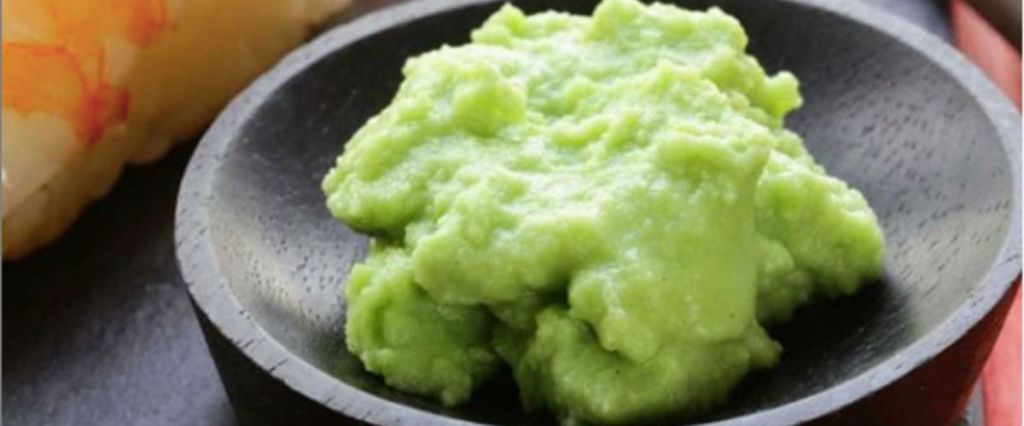You’ve seen this scene play out in any number of movies or television shows – someone confidently asks for a helping of whatever they think wasabi is, the server tries in vain to warn them against it, but they eat it anyway (usually with some kind of hilarity ensuing).
In real life, it turns out the mistake isn’t any kind of funny.
https://www.instagram.com/p/B2zq-RHlp7J/
According to case reports, a woman in her late sixties accidentally ingested a “large amount” – around the size of a teaspoon – of wasabi paste that she mistook for avocado dip at a wedding.
Within 5 minutes she began to feel pressure in her chest, which then radiated to her arms and remained for several hours as she stayed at the wedding. It began to die down, but the next day, she still felt uncomfortable and weak.
https://www.instagram.com/p/B3LYTNchWqJ/
She headed to the emergency room, where doctors ruled out heart failure until an ECG revealed dysfunction in her left ventricle.
The woman was diagnosed with broken heart syndrome.
The official name of the condition is takotsubo cardiomyopathy, and it typically occurs in older women after they experience sudden intense emotional or physical stress. It temporarily affects the heart’s ability to pump blood through your body.
https://www.instagram.com/p/BwiEFl1AtXM/
“The left ventricle shows global dilation with basal contraction, forming the shape of the narrow-necked jar used in Japan to trap octopuses (takotsubo),” which is how the condition got its official name, according to the case report.
It was first documented in Japan more than 20 years ago, and almost always occurs after the patient has experienced an emotionally traumatic event (such as losing a spouse), which is how it got its unofficial name.
As far as we know, this is the first time the condition has been triggered by food, a reaction akin to anaphylaxis in its seriousness.
Luckily the condition is fairly benign. It can be complicated by things like pulmonary edema, but in this case, the woman recovered after being treated with ACE inhibitors and beta blockers.
She was fully well within a month, though I imagine she may have lost her taste for sushi.






